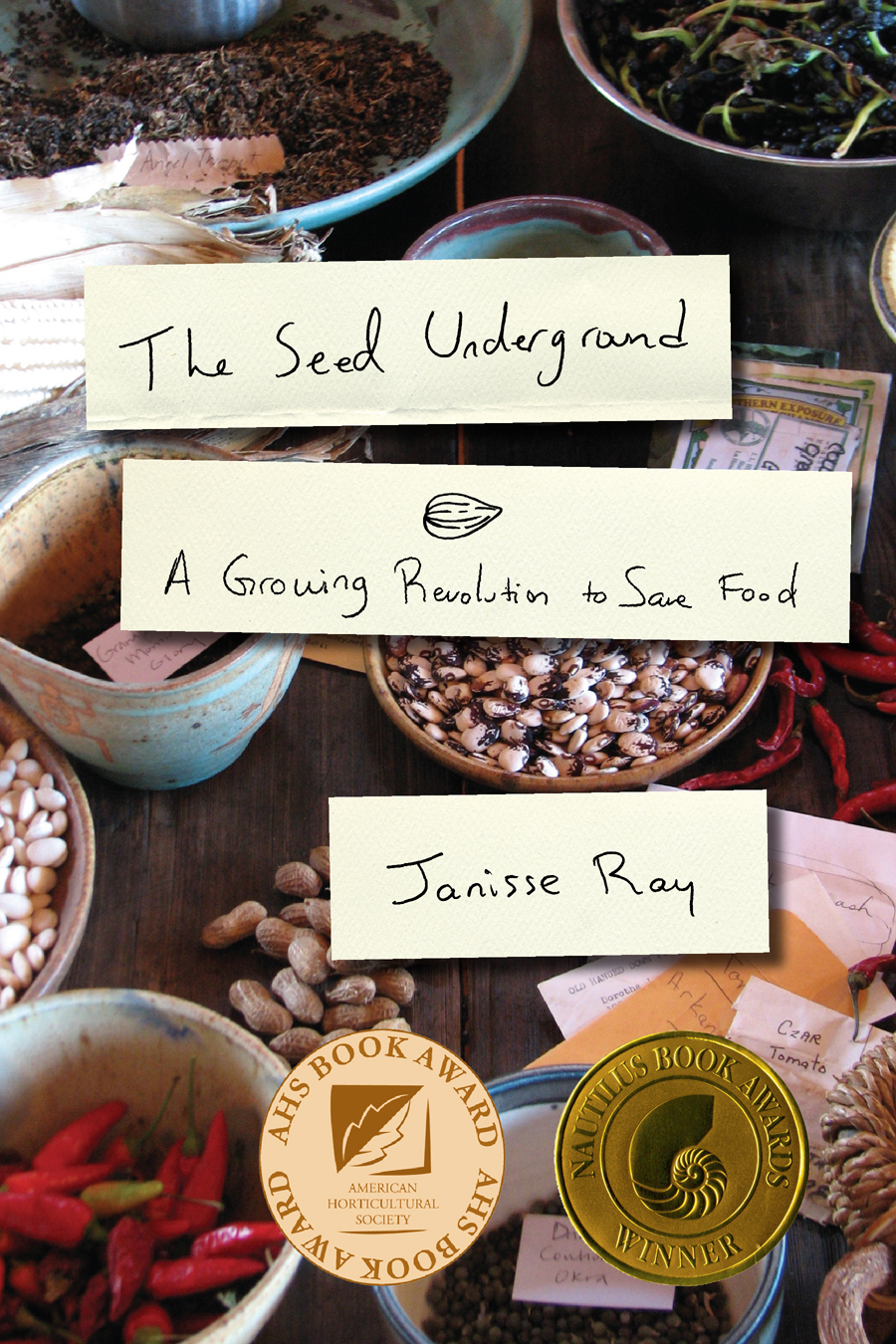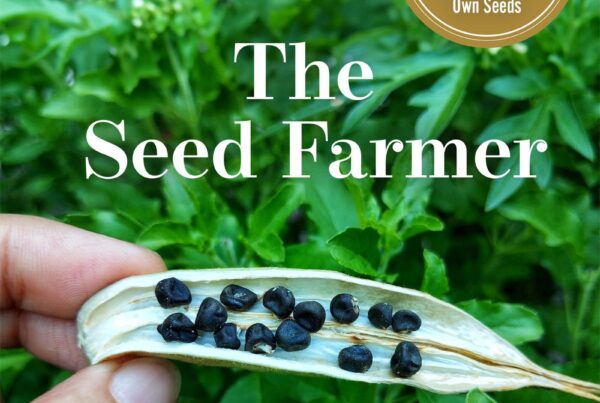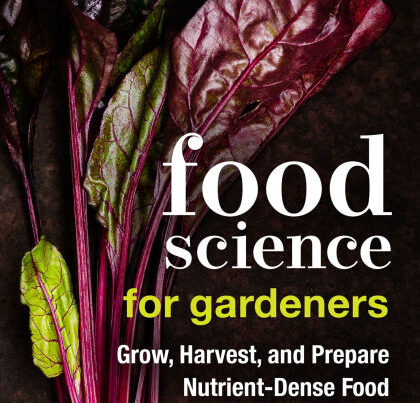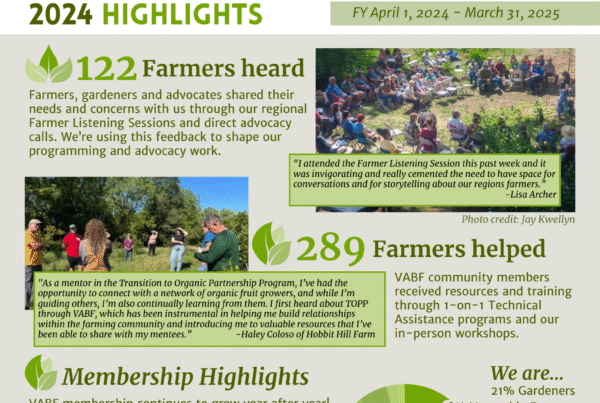Book Review
The Seed Underground: Growing a Revolution to Save Seeds
Janisse Ray
Chelsea Green, June 2012
I found this book inspiring, validating, enthusiastic, thoughtful and entertaining. A few years ago, I read and enjoyed Janisse Ray’s Ecology of a Cracker Childhood, so I was already primed for excitement when I heard of The Seed Underground. That, plus also being a believer in keeping the genetic diversity of vegetable varieties alive and in the hands of growers.
The Seed Underground has the power to pull us out of any inclination to wallow in hopelessness about our food supply, by providing many ideas, many examples of what we can do to improve the state of agriculture by acting locally to help and support people developing and preserving regionally adapted vegetable varieties.
Janisse exudes a sense of wonder, of fun and of appreciation for those who have been leading the way. And she recognizes that it is her turn to step forward and teach and encourage others. Her central message is to save seeds and not let the big acquisitive corporations control our food supply and therefore the length and quality of our lives.
The book contains stories from her life and stories of farmers, gardeners and organizations who have saved certain seeds: the conch cowpea, preacher beans, keener corn, various sweet potato and tomato varieties, mustaprovince pumpkins, Stanley corn.
Our seed supply is in crisis – when we do not control our own seed supply, we do not control food supply. There is a corporate robbery of the commons (publicly owned, publicly used resources). As the first verse 17th century English protest poem against common land enclosure, The Goose and the Common, goes:
The law locks up the man or woman
Who steals the goose from off the common
But leaves the greater villain loose
Who steals the common from the goose.
The last verse is:
The law locks up the man or woman
Who steals the goose from off the common
And geese will still a common lack
Till they go and steal it back.
In other words, we need to cultivate a working system for propagating, preserving and distributing seeds, so that corporately “owned” seed varieties become irrelevant.
The rate of loss of vegetable and grain varieties is very worrying – 43% of all food eaten everywhere across the world consists of just three grains, wheat, maize and rice. A dearth of crops leads to vulnerability, both in the fields and in the body. A crop disease can wipe out an entire variety – think of the Lumper potato in Ireland, the Cavendish banana. Modern wheat is associated with a sharp rise in gluten intolerance and obesity – it isn’t well suited to our needs. My favorite chapter title is “A rind is a terrible thing to waste.” Janisse points out that if we have to peel our apples to reduce the pesticide level before we eat them, it’s bad news.
This book tells tales of the author’s travels to meet various seed growers, breeders and savers as well as seed swap groups. The cast of characters is variously passionate, inspiring, quirky, nerdy and eccentric. New varieties are being breed to grow under organic conditions in particular regions. What are the ethics of profits in this situation? There are stories of seed banks and vaults, with discussion of public access and ownership.
There’s also basic information on how to select good plants, isolate from other varieties, hand pollinate and save seeds. And examples of farmers who banded together to get legislation passed to protect their property rights over their land, plants and seeds. Of course Monsanto should be responsible for their genetic drift when GMO pollen pollutes other plants! The book includes a list of “What you can do” and an eight-page small-print collection of resources.
Hope is valuable, but not essential before action is taken – no-one feeds a child because of what kind of future they hope that child will have. Love leads to determination to strive for what we value, and gives us courage. Don’t use lack of hope as an excuse for lack of action.
Her closing words are “Look around, so many people have put their shoulders into the load. You. Find a place to push. Pick up a tool.” Become a local hero, increase your circle of influence. Claim food sovereignty, preserve local seeds. “Have the courage to live the life you dream. There is nothing greater than this.”







